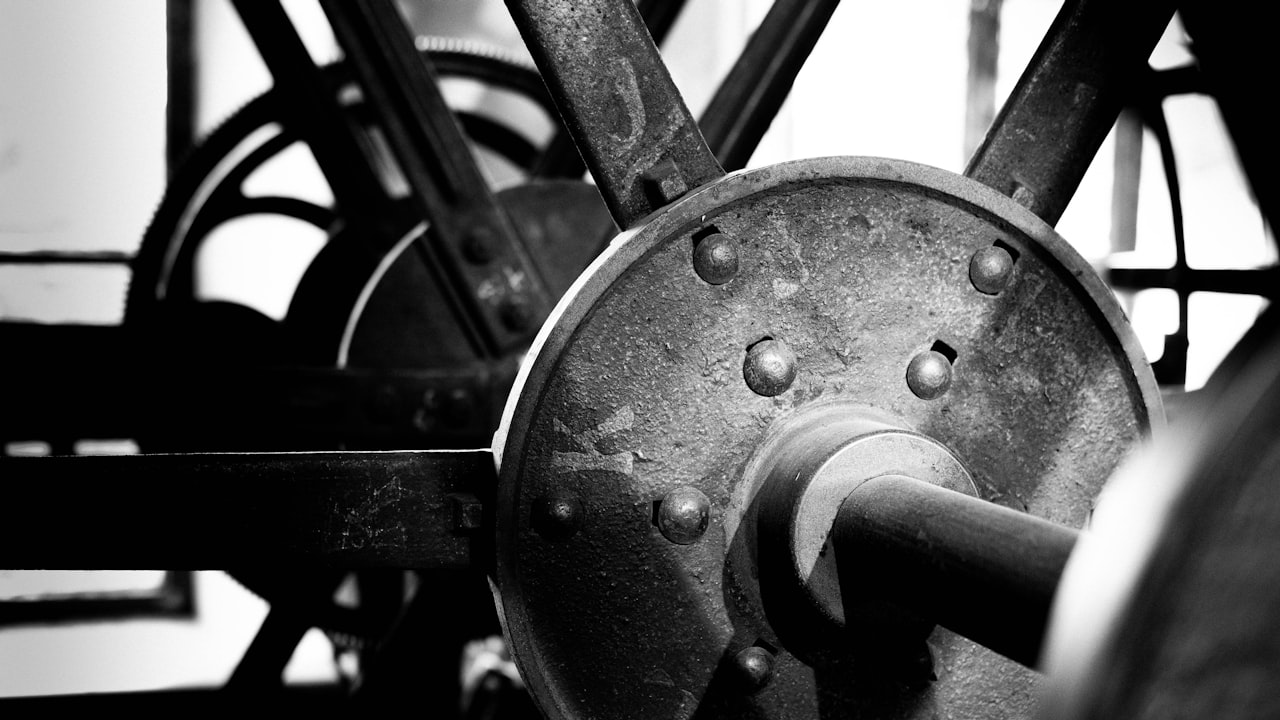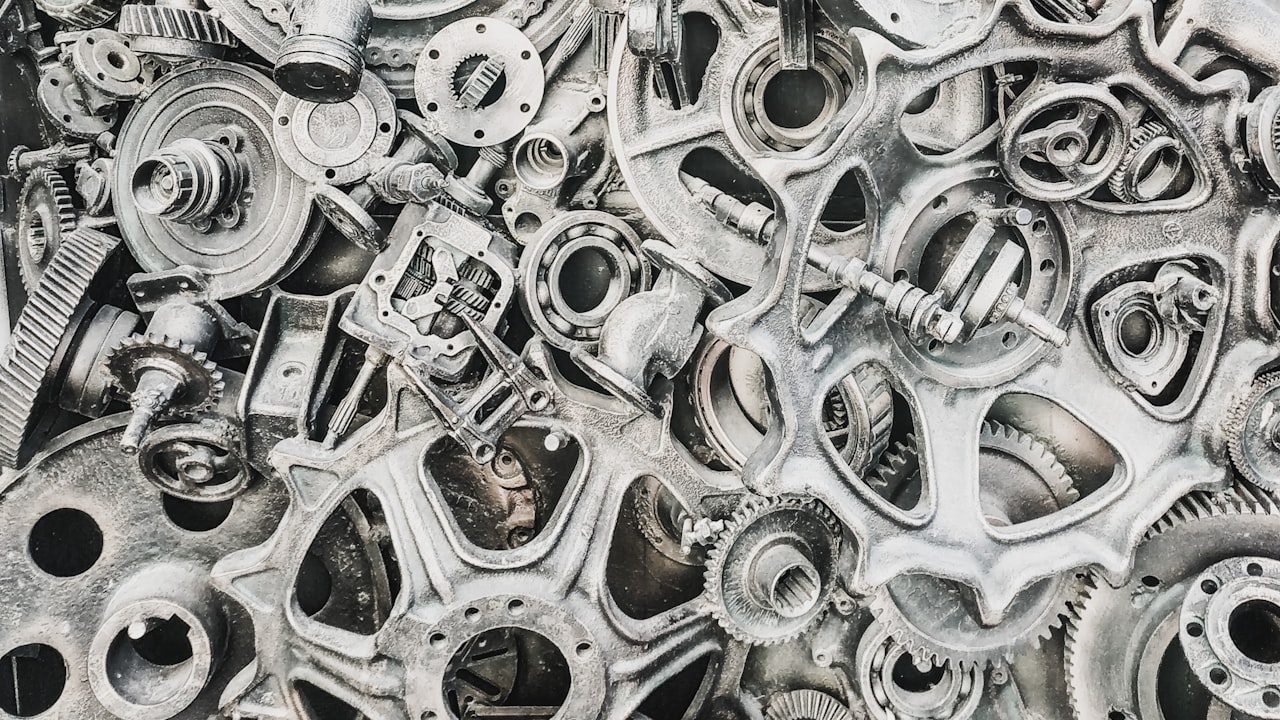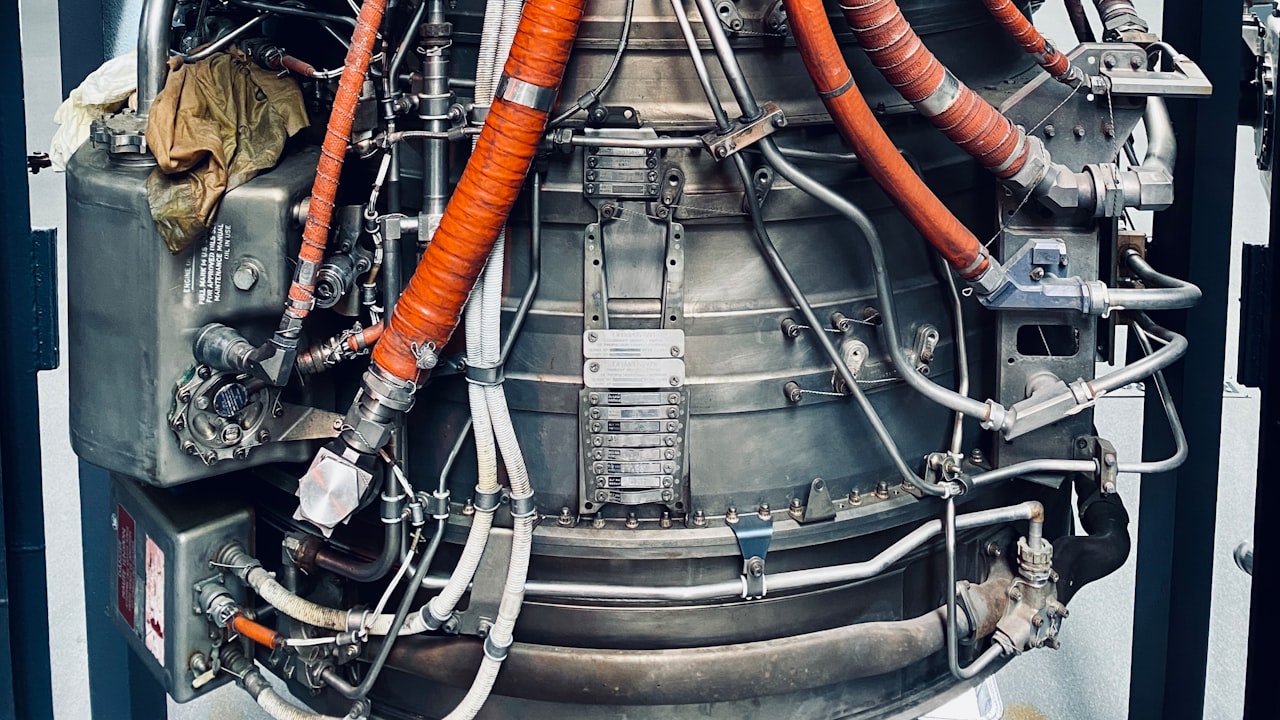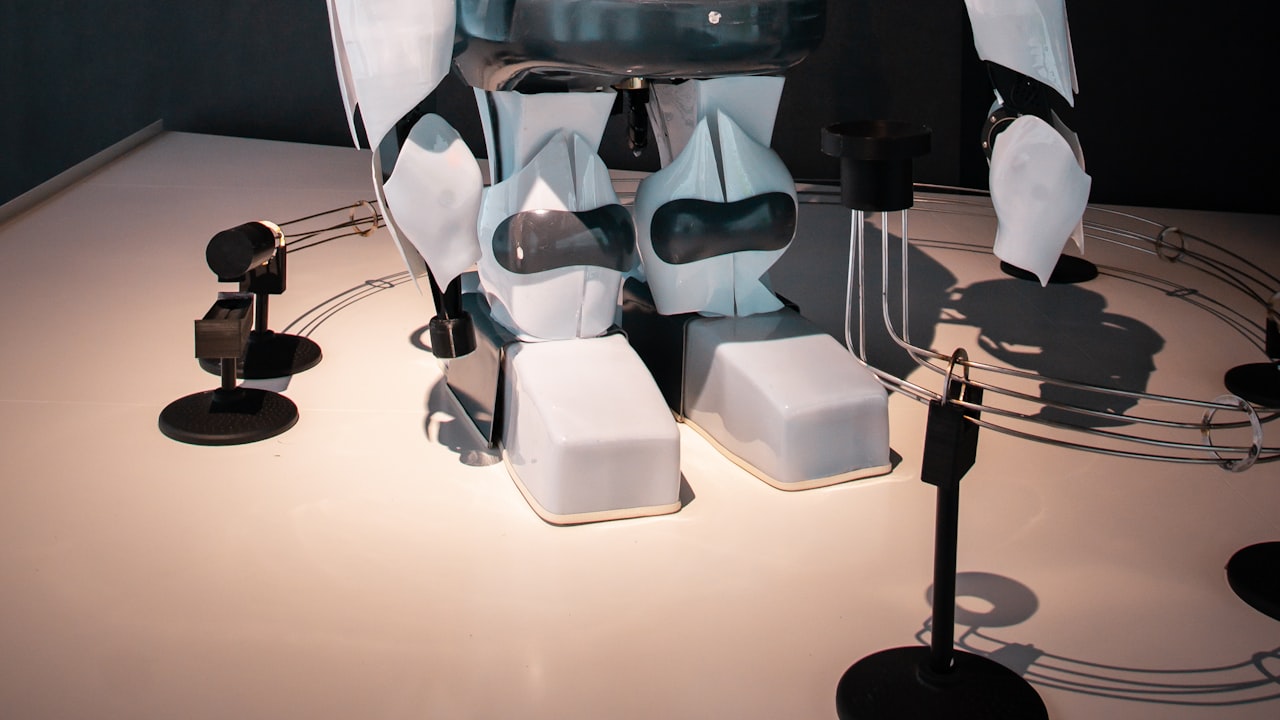 Title: Revolutionizing the Pharmaceutical Industry: The Role of Pharmaceutical Machinery
Title: Revolutionizing the Pharmaceutical Industry: The Role of Pharmaceutical Machinery
In the fast-paced world of pharmaceutical manufacturing, efficiency and precision are key. This is where pharmaceutical machinery plays a crucial role in revolutionizing the industry. Two such widely used machines are table press machines and capsule filling machines.
Tablet press machines, often referred to as tablet presses, are essential in the production of pharmaceutical tablets. These machines come in various types and sizes and are designed to compress powder into tablets of precise dimensions and weight. The Tablet Press, also known as TDP in short for “Tablet Press Desktop,” is a popular choice for small to medium-scale production. On the other hand, the THDP, or “Tablet Press High-speed Double Rotary,” is more suited for larger-scale manufacturing, offering higher efficiency and output.
Meanwhile, capsule filling machines are instrumental in the encapsulation process. These machines are used to fill empty capsule shells with the required dosage of medication. Capsule filling machines come in different models, such as the semi-automatic and automatic variants, catering to the needs of pharmaceutical companies based on their production volume.
The TDP and THDP table press machines are known for their user-friendly interface, robust construction, and high precision in tablet production. These machines are versatile and can handle various shapes and sizes of tablets, making them ideal for pharmaceutical companies producing multiple types of medications. The advanced technology integrated into these machines ensures consistent quality and uniformity in tablet production, meeting the strict quality standards set by regulatory authorities.
Capsule filling machines, too, have undergone significant advancements in recent years. Automatic capsule filling machines, in particular, offer high-speed production capabilities with minimal manual intervention. These machines are equipped with features like automatic capsule alignment, powder filling, capsule sealing, and ejection, streamlining the encapsulation process and increasing overall productivity.
In conclusion, the role of pharmaceutical machinery, such as table press machines and capsule filling machines, cannot be overstated in the pharmaceutical industry. With their ability to enhance efficiency, ensure precision, and meet regulatory standards, these machines are indispensable for pharmaceutical companies striving to deliver high-quality medications to patients worldwide. The continuous innovation and technological advancements in pharmaceutical machinery continue to drive the evolution of the industry towards greater efficiency and reliability.

 Title: The Role of Pharmaceutical Machinery in Modern Healthcare
Title: The Role of Pharmaceutical Machinery in Modern Healthcare Title: The Impact of Pharmaceutical Machinery on Drug Development and Production
Title: The Impact of Pharmaceutical Machinery on Drug Development and Production Title: The Evolution of Pharmaceutical Machinery: Enhancing Drug Manufacturing Processes
Title: The Evolution of Pharmaceutical Machinery: Enhancing Drug Manufacturing Processes Title: “The Evolution of Pharmaceutical Machinery: Advances in Drug Manufacturing Technology”
Title: “The Evolution of Pharmaceutical Machinery: Advances in Drug Manufacturing Technology” Title: “The Role of Pharmaceutical Machinery in Drug Manufacturing: A Comprehensive Overview”
Title: “The Role of Pharmaceutical Machinery in Drug Manufacturing: A Comprehensive Overview” Title: **The Cutting-Edge Technology of Pharmaceutical Machinery: A Guide to Modern Equipment**
Title: **The Cutting-Edge Technology of Pharmaceutical Machinery: A Guide to Modern Equipment** Title: The Role of Pharmaceutical Machinery in Modern Medicine Manufacturing
Title: The Role of Pharmaceutical Machinery in Modern Medicine Manufacturing Title: The Role of Pharmaceutical Machinery in Medicine Production
Title: The Role of Pharmaceutical Machinery in Medicine Production Title: “The Fascinating World of Pharmaceutical Machinery: A Closer Look at Cutting-Edge Technology and Innovation”
Title: “The Fascinating World of Pharmaceutical Machinery: A Closer Look at Cutting-Edge Technology and Innovation”



